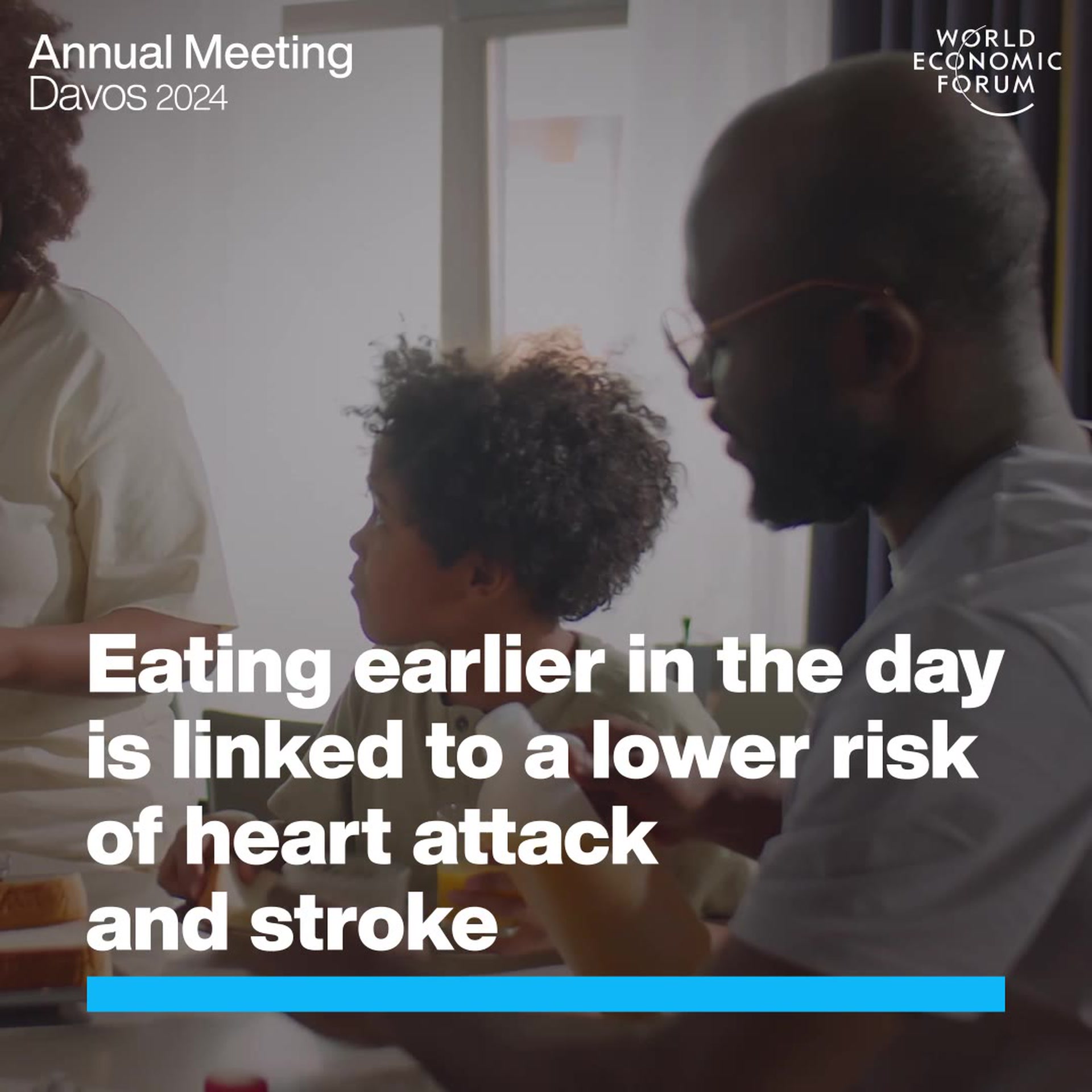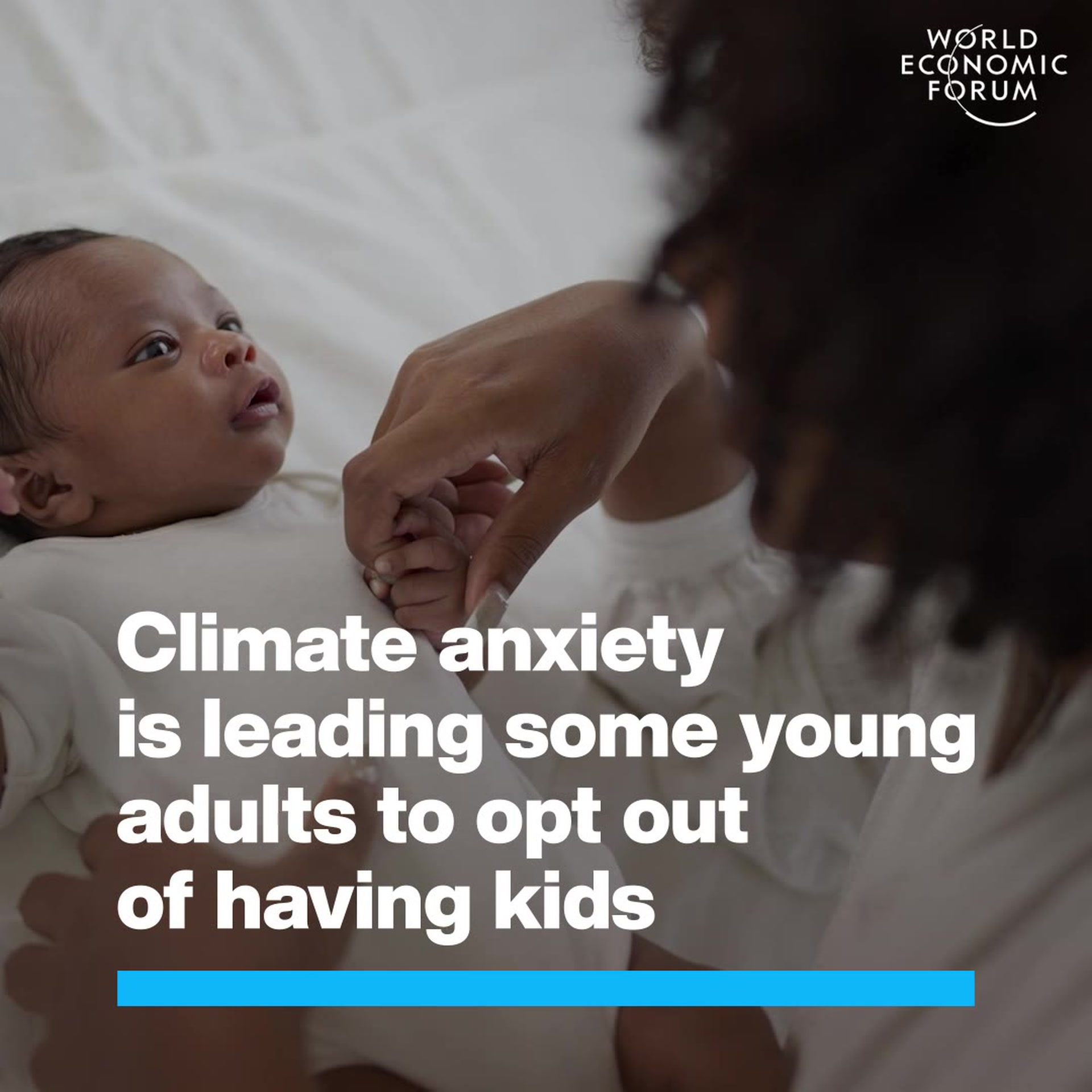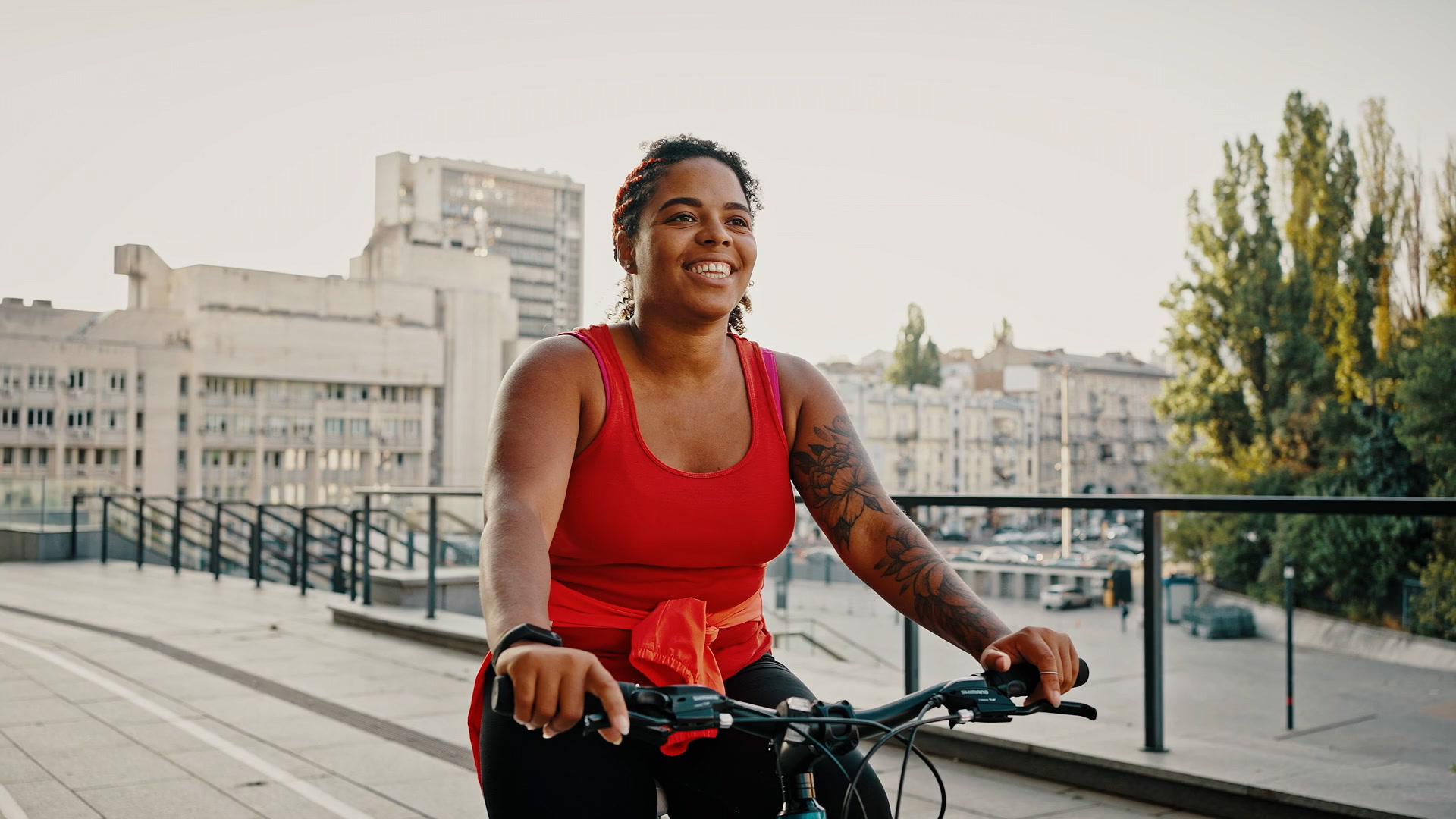Why documentaries still have the power to change the world


Get involved with our crowdsourced digital platform to deliver impact at scale
Stay up to date:
Behavioural Sciences
What does drug policy reform in Brazil, immigration rights in the United States and non-violent resistance in Palestine have in common? Over the past few years, these movements have all been impacted by powerful documentary films.
As business leaders, policy-makers and civil-society activists from across the region gather in Mexico for the World Economic Forum on Latin America, it is worth looking at how arts – in particular, documentary films – have been successfully used to affect change on some of the most important global issues of our time.
Over the past decade of making films for social change, I’ve witnessed the growth of this field and am tremendously hopeful about the potential that exists when creative storytellers partner with strategic campaigners. As any experienced activist will know, social change can happen through a variety of mechanisms. Recently, three focal points have been changing perceptions, changing public policy and building social change infrastructure. Below are three examples, but there are dozens more.
Building social change infrastructure
Who is Dayani Christal, a film by actor and activist Gael Garcia Bernal and director Marc Silver, traces the journey of an unidentified Honduran migrant found dead in the Arizona desert. The film exposes the struggles facing all such migrants, and in doing so, raises an important question: Why do so many across Central and South America feel they have no other option but to flee their home and face great, often lethal, danger in trying to make it through Mexico and into the US?
How can US border policy be more compassionate, and acknowledge the humanity of migrants, rather than criminalizing them? There needed to be concrete mechanisms – social change infrastructure – in order to adequately address these questions; Who is Dayani Christal played a central role in working with civil society on both sides of the border to create and sustain those mechanisms.
The non-profit organization Bodies on the Border, whose mission is to identify and repatriate missing migrants, grew directly out of the film, as did community-centred initiatives to improve conditions in the Honduran village featured in the film. These initiatives led to partnerships between community members and international NGOs to identify and provide for the community’s most urgent needs (such as water and education) so that people would not be forced to flee their homes. Lives were improved by the social change infrastructure that was developed and supported through the film.
Changing public policy
Ilegal, a short Brazilian film by Tarso Araujo and Raphael Erichsen, is a stunning example of how a documentary can help to change public policy. The film profiles a five-year-old girl (Anny) with a severe form of epilepsy that can only be alleviated by cannabidiol, a derivative of marijuana, which is illegal in Brazil. Ilegal documents the girl’s parents, and other parents, fighting the bureaucracy that prevents them from importing the only treatment that could help. The film became a powerful tool in the hands of activists and public-interest groups, such as Brazil’s Rede Pense Livre, who campaign for a more humane drug policy.
The documentary was made with the intention of changing policy, so the film-makers actively sought out the most strategic partners to create the kind of public pressure that would make it legal for families to import cannabidiol. And they succeeded. Anvisa, the national agency that controls the importing of drugs in Brazil, removed cannabidiol from the blacklist in early 2015. The shift in Brazil’s policy means that Anny, and thousands of others who suffer from epilepsy, are able to legally receive their medication. This would not have happened without this character-driven documentary film, or without a coordinated public-education campaign that targeted the right audience.
The PDR Institute was sponsor, distributor and associate producer of the documentary, Illegal.
Changing perceptions
The film Budrus by Just Vision (which I produced and directed) was created with the explicit goals of putting Palestinian and Israeli non-violence efforts at the centre of local and international conversations about the conflict, as well as building the capacity of non-violent activists in the field by ensuring they gained traction within their own societies and abroad. Budrus tells the story of a Palestinian community-organizer and his teenage daughter who unite Palestinian political factions and invite Israeli supporters to join an unarmed movement to save the village from destruction by Israel’s Separation Barrier.
Independent research conducted by a public relations company provided concrete evidence that Budrus had changed how the English-language media portrayed the events in the village. Before the release of the film, the protests had been generally characterized as riots and disruptions of public order. After the release, the media’s narrative reflected the idea put forward in the film: that the protestors in Budrus and other villages along the route of Israel’s Separation Barrier were engaged in an ongoing popular, unarmed struggle to save their land and their olive trees.
Affecting the way the media reported the Palestinian struggle for freedom and equality was an enormous achievement, but we also wanted to understand how the film changed audience perspectives towards Palestinians. The protagonists of the film challenged key stereotypes commonly held about Palestinians, but did watching the film change overall attitudes? Though we had plenty of anecdotal evidence to suggest it did, we did not have hard data to back it up.
Six months ago, MIT researchers started running behavioural studies on thousands of American viewers to measure the impact Budrus was having on viewers. All the preliminary findings indicated that audiences who encountered the protagonists in Budrus were significantly less likely than those in control groups to believe that Palestinians were violent, irrational or hated Jews.
Changing perceptions, influencing public policy and building social change infrastructure are not, of course, in isolation from one another. The spheres interconnect and cross-inform, and each of the above film projects has had an impact in all of them.
No one film is likely to instigate immediate change in all three spheres. At Just Vision, the question my colleagues and I ask ourselves each time we start a new project is: which sphere will be our starting point and, if successful, how can we best leverage that traction to all three?
The examples provided in Who is Dayani Christal, Ilegal and Budrus are exciting and illuminating – and they are just a small sample of the stories that have changed our world in recent years. As the field of social-change film-making expands and strengthens, and as its practitioners continue to learn from one another’s successes and challenges, the better our work can reach its full potential – which is nothing less than meaningful, sustainable and positive change in the lives of the communities whose stories we are documenting.
As world leaders gather in Mexico to discuss the key challenges Latin America faces in the years ahead, we should all be paying attention to how documentary films can be a powerful tool for helping create the social, political and economic realities we would like to see the region embrace.
The World Economic Forum on Latin America 2015 takes place in Riviera Maya, Mexico, from 6-8 May.
Author: Julia Bacha is a film-maker, the Creative Director at Just Vision and a Young Global Leader.
Image courtesy of Just Vision
Don't miss any update on this topic
Create a free account and access your personalized content collection with our latest publications and analyses.
License and Republishing
World Economic Forum articles may be republished in accordance with the Creative Commons Attribution-NonCommercial-NoDerivatives 4.0 International Public License, and in accordance with our Terms of Use.
The views expressed in this article are those of the author alone and not the World Economic Forum.
The Agenda Weekly
A weekly update of the most important issues driving the global agenda
You can unsubscribe at any time using the link in our emails. For more details, review our privacy policy.
More on Behavioural SciencesSee all
Peter Dizikes
November 27, 2023
Aaron De Smet and Patrick Simon
September 25, 2023
Kate Whiting and Kateryna Gordiychuk
September 6, 2023






